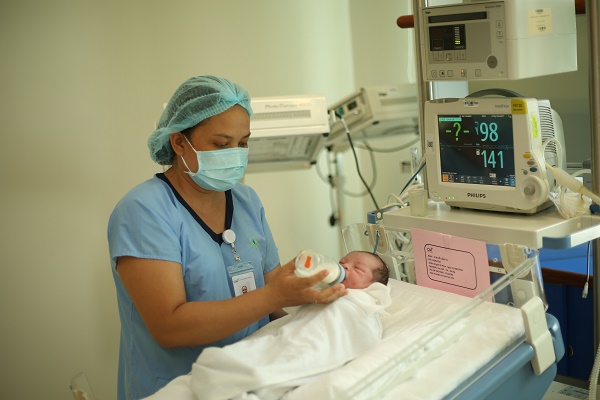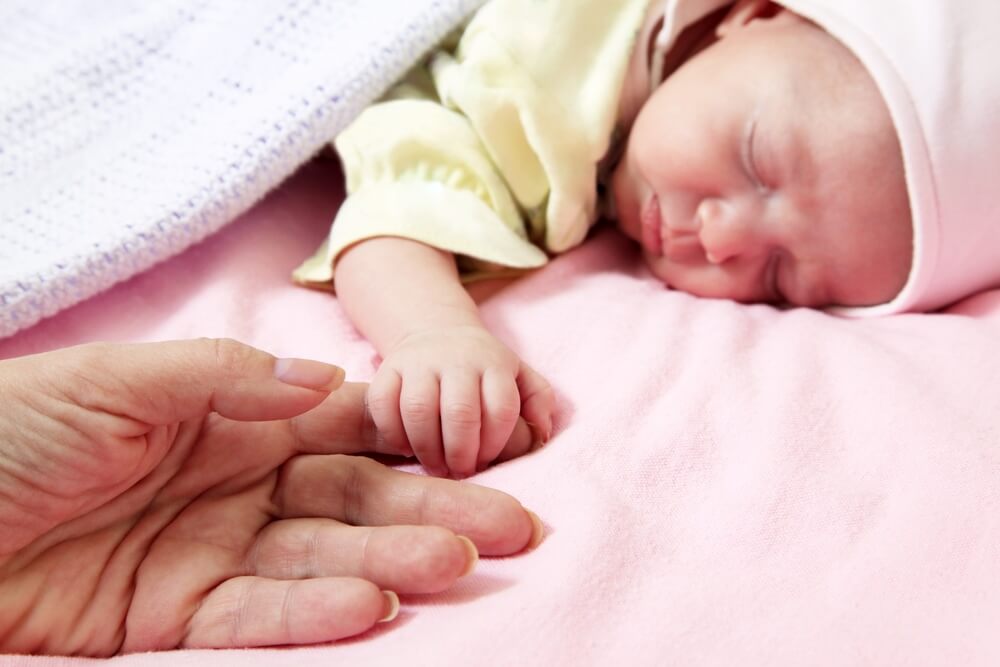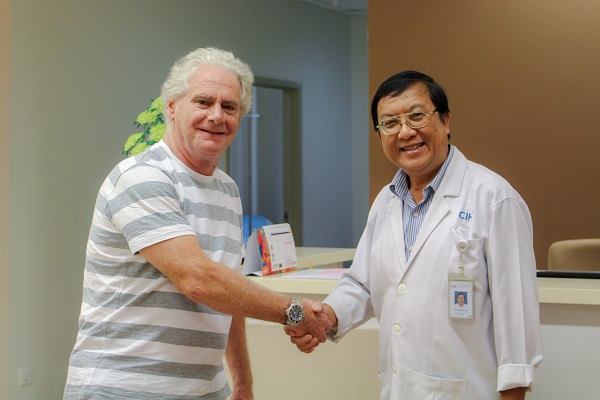Premature babies often receive respiratory support, Kangaroo hamlet after birth, encourage breastfeeding, ensure a sterile environment.
Obstetricians say babies are called low birth weight at less than 35 weeks gestational age and weigh less than 2 kg. These children are transferred to the intensive care unit after birth. Common risks are hypothermia, malabsorption, gastroesophageal reflux, apnea, respiratory distress syndrome, necrotizing enterocolitis. The younger the gestational age, the higher the risk. The risk of hospital infection is also common in this group of children.
Signs of danger in the newborn include poor feeding or withdrawal, seizures, drowsiness or lethargy, decreased or less stimulating motion, over 60 breaths / minute breathing, wheezing, heavy chest recess, hyperthermia above 38 degrees C, hypothermia below 35.5 degrees C.
Signs of a serious infection include severe jaundice, severe abdominal distention. Symptoms of local infection include pneumonia, severe or severe pustules, redness of the skin around the belly button, umbilical discharge, bulging fontanel, joint pain, swollen joints, decreased mobility and flexibility. If any signs are found, the child should be closely monitored and treated promptly.

Preterm infants receive intensive care in the neonatal intensive care unit (NICU). Illustration.
Monitor breathing and oxygen therapy
Low birth weight infants are at risk of respiratory failure due to surfactan deficiency, prone to respiratory failure, especially the incomplete nervous system, children will have apnea. If not closely monitored and detected early for management, death can occur. The four characteristic clinical symptoms of respiratory failure that usually occur within 4 hours of birth are tachypnea, wheezing, chest concave or intercostal muscle cramps, cyanosis.
Prevention of hypothermia
Infants under 2 kg should take care of the kangaroo immediately after birth and continuously day and night. Aim to keep the central temperature 36-37 degrees Celsius, warm and pink feet. If you can't care for kangaroo, use an incubator for your baby.
Nutrition
Most low-birth weight babies are still able to breastfeed directly. If the baby can't breastfeed, express the breastmilk into a cup and spoon. Children cannot eat with spoon like choke, cannot swallow ... must feed via gastric sonde. Breastfeeding should be encouraged.
Mother without milk or contraindicated in breastfeeding, can use milk from the breast milk bank if available. Formula milk is only recommended for use when neither of the above methods work. Keep track of how much milk you are feeding each day to calculate the exact amount of fluid needed. Provide a trace element every day when a child is well tolerated.

Keep track of how much milk you are feeding each day to calculate the exact amount of fluid needed.
Sterile environment
The environment around children must ensure the principle of aseptic minimum. Limit contact with children if not necessary, perform hand hygiene when contact as well as examination and procedures on the baby. Stop venous feeding when your baby is getting better as soon as possible to avoid infection.
Low-birth-weight premature babies are discharged from the hospital with no signs of danger or infection, gaining weight and sucking well, being able to stabilize themselves within the normal range of 36-37 degrees Celsius, mothers can afford baby care.
Low birth weight vaccinations are given immediately after birth, the next shots depend on discharge from the hospital. Breastfeeding exclusively, babies twins, triplets ... must take turns breastfeeding best. Keep baby warm.
Babies with signs of danger should seek medical attention immediately such as fever, jaundice, frequent vomiting of vomiting, shortness of breath, concave chest, diarrhea, abdominal distention, umbilical cord ... Babies born underweight should be monitored and weekly assessment of weight gain and tolerability until 3 kg and gestational age.
Source Vnexpress
Should you have any questions, please do not hesitate to contact us:
City International Hospital
- Address: No. 3, 17A Street, Binh Tri Dong B Ward, Binh Tan Dist. (Next to AEON Mall Binh Tan). Ho Chi Minh City.
- Operator: (+8428) 6280 3333, ext. 0
- 24/7 Emergency: (+8428) 6290 1155
- Website: https://cih.com.vn/en/
- Fan page: https://www.facebook.com/BenhVienQuocTeCity/
- Email: This email address is being protected from spambots. You need JavaScript enabled to view it.
General disclaimer
Always consult your doctor regarding any concern about your health. Your doctor will be in the best position to give the appropriate medical advice. For suspected undesirable drug reaction and seek medical attention immediately.

















